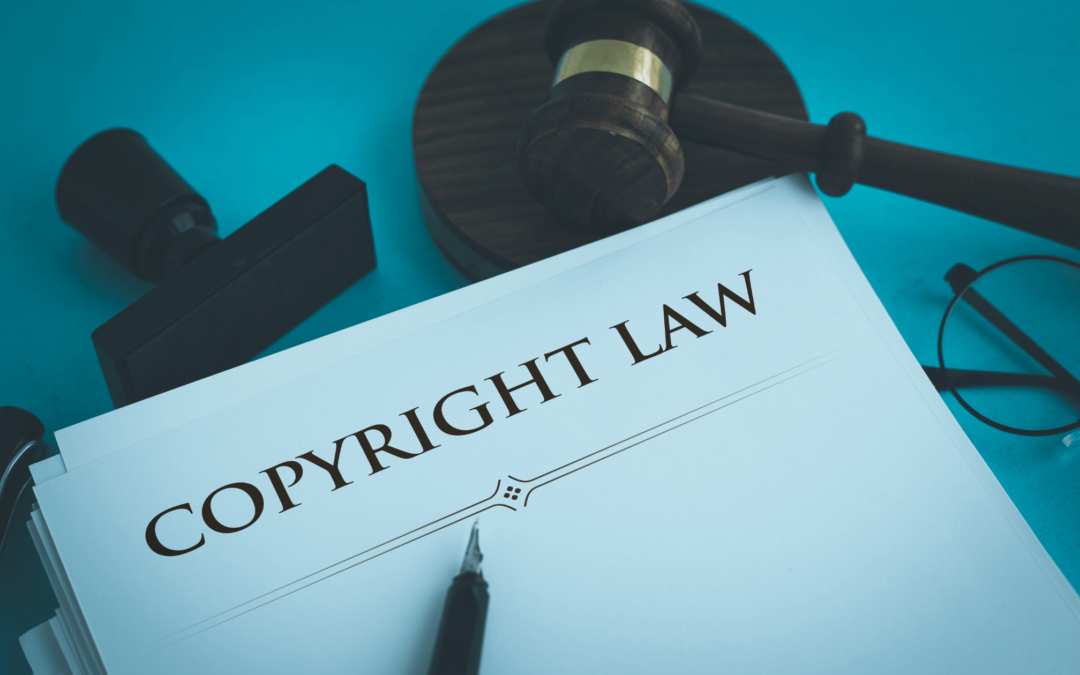What do you know about NFTs and copyright challenges and opportunities?
Today, it seems like every celebrity is selling an NFT. And it’s true – they are becoming increasingly popular – and for a good reason. But with this growing popularity comes many different challenges, particularly when it comes to copyright laws and the transfer of copyright rights.
What role does copyright law play in the protection of NFTs? Here’s everything you need to know.
What You Need to Know About NFTs and Copyright Challenges and Opportunities
So, what is an NFT, exactly?
An NFT is a non-fungible token stored on a blockchain that you can sell or trade online. It is a digital file that has its own unique identity. A blockchain is a system in which digital transactions are stored. These transactions are held across a network of computer systems.
NFTs can represent many things, including an original piece of art, video, audio recording, collection, real estate, and other real-world items. They are essentially a digital form of a certificate of authenticity stored on a blockchain.
NFTs can be any digital asset that you can purchase with cryptocurrency. Each NFT has a unique barcode that cannot be replaced. Only one person can own an NFT at a time. They are secured on the Ethereum blockchain.
So, how do copyright laws play into NFT ownership?
NFT and Copyright Laws
When you buy an NFT, you do not purchase the exclusive copyright rights to the item you are purchasing. The only way you also get copyright rights with an NFT is if the rights are outlined in the purchase agreement.
When a copyright owner creates a copyrighted piece of work or creates an NFT based on an original piece of work, they acquire certain rights. They own the exclusive rights to the NFT and can sell it without transferring the copyright to the underlying piece of work – just as you can create and sell a piece of real artwork.
Remember: NFTs are subject to copyright laws the same way traditional art is. Digital artwork is still artwork, and the only people who can create NFTs based on copyrighted artwork are the copyright owners.
The law states that a transfer of copywriting ownership is not valid unless it is in writing and signed by whoever owns the rights. You must enter into a signed agreement that transfers the copyright rights. This transfer of ownership includes the right to distribute copies, publicly display, publicly perform, or reproduce. A business attorney can help you better understand the laws surrounding NFTs.
NFTs are still new, and many people are unfamiliar with the laws surrounding them. That said, copyright laws still apply to NFTs just as they would to any other piece of artwork.
If you’re thinking about buying an NFT, it is critical that you understand copyright laws, what you are purchasing, and any rights that are attached to the NFT you are purchasing. It can be a complicated process, so it is critical to speak to an attorney who has experience with NFTs and copyright challenges and opportunities.
Get help from a business law professional.
If you have questions about laws that apply to NFTs – including ownership and copyright laws – and want help developing a legally binding contract, we can help. Don’t hesitate to call 303-780-7333 or schedule an appointment online.
Enjoyed this article? Check out these other blogs for more information:
- Costly Mistakes That Can Be Avoided if You Have a Risk Management Team
- Family Business Law Basics: Final Steps to Starting a Business
- What Social Media Influencers Should Know About Disclosure



